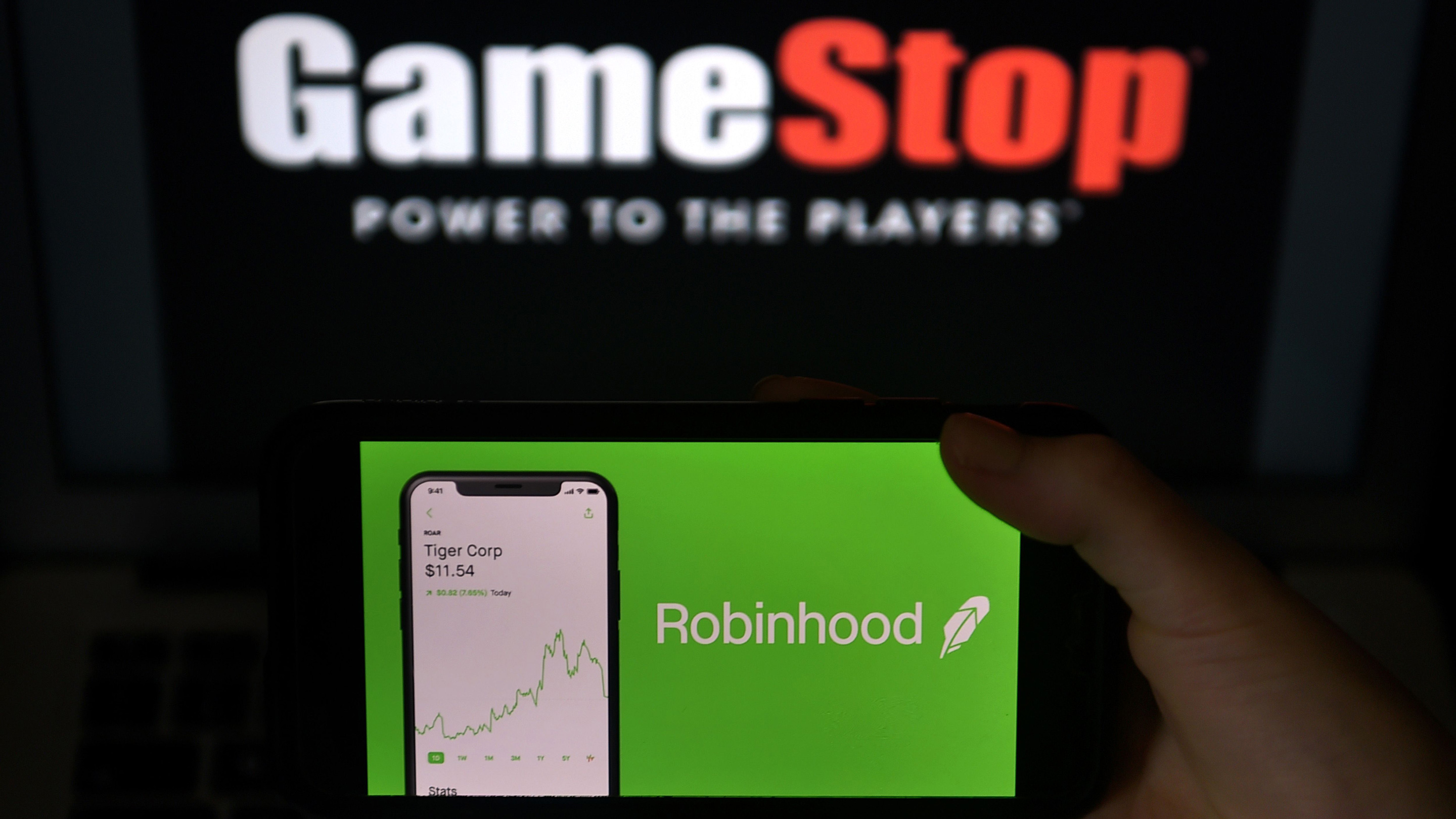The Wall Street Journal has an interesting piece about how Goldman Sachs gives information to its clients. It says that for about two years now, GS has been holding “trading huddles” with select top clients, providing them with stock advice that might not jibe with the ratings everyone else gets. It’s definitely a topic worth debating.
Securities laws require firms like Goldman to engage in “fair dealing with customers,” and prohibit analysts from issuing opinions that are at odds with their true beliefs about a stock. Steven Strongin, Goldman’s stock research chief, says no one gains an unfair advantage from its trading huddles, and that the short-term-trading ideas are not contrary to the longer-term stock forecasts in its written research.
Former Goldman client George Klopfer of Park City, Utah, who was unaware of the trading tips until recently, says the practice is unfair. “When I joined Goldman as a client, I got all these fancy brochures saying they put the client first,” he says. “I just don’t want to have to worry about them or big clients trading on stuff like this. I was at the end of the food chain.” He says he pulled out most of the $20 million in his account earlier this year after losing money on several Goldman funds. Goldman says individual clients like Mr. Klopfer typically have a long-term investing approach and are not focused on individual stocks.
I thought this was interesting as well:
The idea was controversial with some Goldman research staffers. “I am not sure we should be giving recommendations that go against our research,” said one Goldman employee at a meeting where the trading huddles were discussed, according to one attendee.
Laura Conigliaro, Goldman’s co-head of research in the Americas region, replied at the meeting that the firm needed to respond to inevitable differences in the time horizons of investors. Issuing a short-term buy recommendation wasn’t necessarily at odds with a lukewarm “neutral” rating for the long run, she added…
Compliance officers sit in on almost all the meetings, Goldman says. Research analysts say they have been guided on what language to use in the huddles. Words like “buy” and “sell” are to be avoided, while “run up,” “give back” and “oversold” are encouraged. Internal documents reviewed by the Journal initially tracked the trading-huddle tips as “buy” or “sell,” but now refer to them as “up” or “down.”
A WSJ blog follows up on the story and points out what might be an obvious takeaway — that by design, Wall Street can be a dangerous place for the small investor:
But like most things on Wall Street, Goldman analysts may be able to stomach any concerns they may have about intellectual honesty or other issues because of their pay. Goldman sets aside 50% of the money allotted for its analysts based on “feedback” from trading customers and the balance comes from the performance of their stocks tips. Charting the analysts’ pay could reveal just how much Goldman values the opinions of its 50 top clients versus the integrity and quality of its more widely distributed stock picks. It may pay to be a humble lieutenant in Goldman’s trading empire.
The article has generated a lot of comments, and in reading through them, there are two schools of thought. One is — this is a clear violation of “fair dealing” with customers. All clients should have the opportunity to trade on the information regardless of their time horizon.
The counter argument is that clients who are paying the most money should get preferential treatment, just like first class customers on an airline.
What do you think?
There’s a lot happening in the world. Through it all, Marketplace is here for you.
You rely on Marketplace to break down the world’s events and tell you how it affects you in a fact-based, approachable way. We rely on your financial support to keep making that possible.
Your donation today powers the independent journalism that you rely on. For just $5/month, you can help sustain Marketplace so we can keep reporting on the things that matter to you.


















